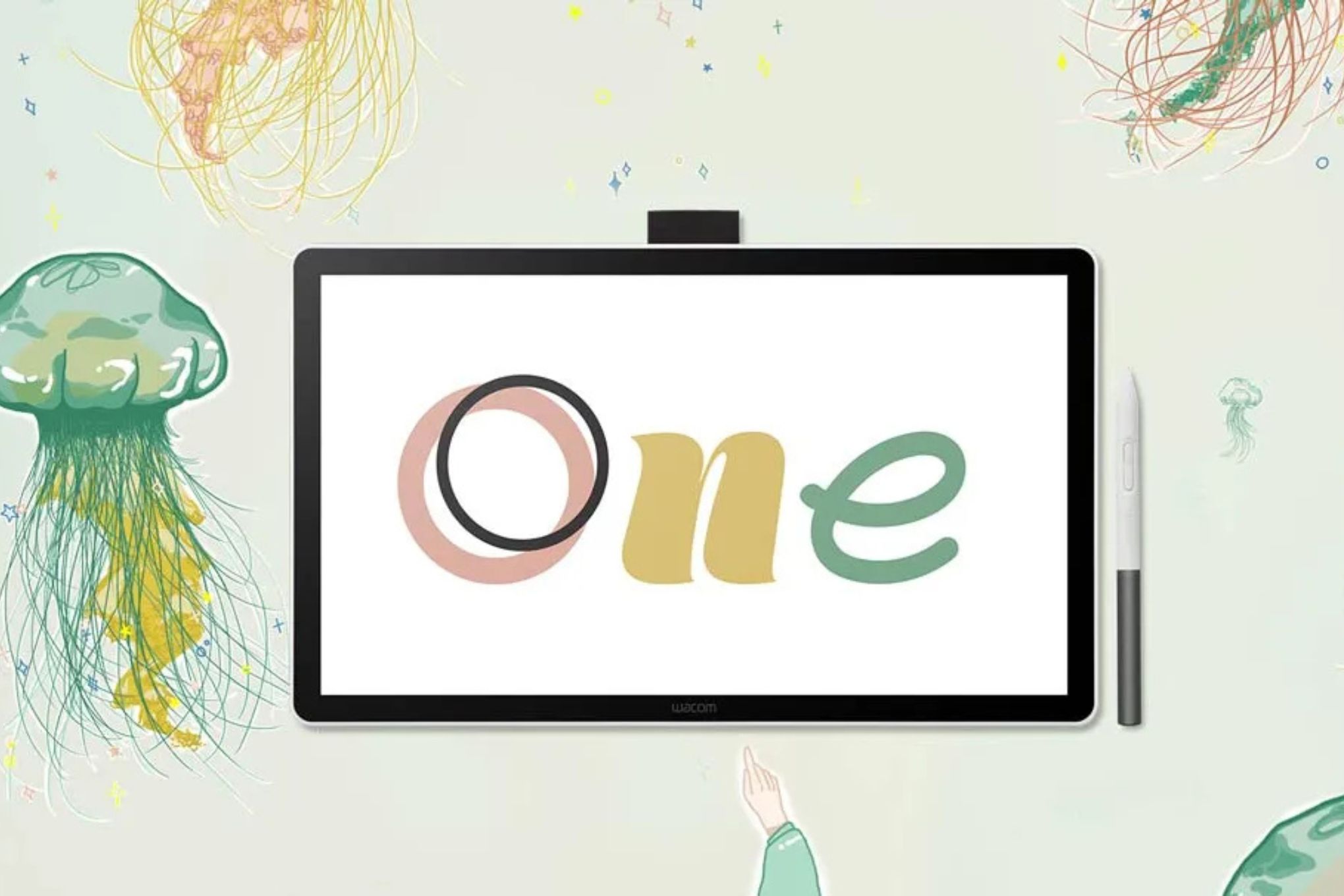
business insider reportedly tells journalists they can Business Insider has reportedly informed its journalists that they can utilize AI to draft stories, marking a significant shift in how the outlet approaches content creation.
business insider reportedly tells journalists they can
AI Integration in Journalism
According to a report from Status, a newsletter focused on media industry developments, Business Insider has taken a bold step by allowing its journalists to use artificial intelligence (AI) tools for drafting articles. This policy, which was communicated through an internal memo from editor-in-chief Jamie Heller, positions the outlet among the first major news organizations to formally endorse such extensive use of AI technology in the newsroom.
Details of the Policy
The internal guidelines reportedly authorize journalists to employ AI “like any other tool” for various tasks, including research and image editing. This broad application of AI signifies a growing acceptance of technology in the journalism field, where traditional methods have long dominated.
A dedicated FAQ section within the memo specifically addressed the use of AI for writing first drafts. The response was clear: “Yes, but you must make sure your final work is yours.” This stipulation emphasizes that while AI can assist in the drafting process, the final product must reflect the journalist’s own voice and judgment. The guidelines further reinforced that journalists would retain responsibility for the stories published under their names, ensuring accountability remains a cornerstone of journalistic integrity.
Transparency and Disclosure
Interestingly, the memo indicated that disclaimers informing readers of AI involvement in the drafting process would likely not accompany articles. This decision raises questions about transparency in journalism, particularly in an era where trust in media organizations is paramount. However, the guidelines do stipulate that disclaimers would be required for entirely AI-generated or unvetted content, which suggests a nuanced approach to disclosure.
The Broader Context of AI in Journalism
The integration of AI into journalism is not without its controversies. The technology has sparked significant debate within the industry, with concerns about its potential to undermine established business models. Many journalists and media organizations have voiced apprehensions regarding the implications of AI-generated content, particularly in terms of originality and ethical considerations.
One of the most pressing issues is the allegation of intellectual property theft by AI companies. As AI systems are trained on vast datasets, including existing news articles, there are ongoing discussions about the ownership of content and the rights of original creators. This concern has been amplified by instances where AI-generated stories have been published without proper attribution, leading to fears that the very fabric of journalism could be compromised.
Business Insider’s Experience
Business Insider has already encountered challenges related to AI-generated content. Earlier this summer, the outlet published stories attributed to a supposed freelancer, which were later revealed to be AI-generated. This incident highlighted the risks associated with using AI in journalism, particularly the potential for misinformation and the erosion of trust between media organizations and their audiences.
Business Insider’s AI Initiatives
Despite these challenges, Business Insider has been proactive in embracing AI technology to bolster its operations. The outlet has appointed an AI newsroom lead, signaling its commitment to integrating AI into its workflow. Additionally, it has implemented various initiatives, such as an AI search tool, to enhance content discovery and streamline the editorial process.
The outlet’s parent company, Axel Springer, has also made significant strides in the AI space. The company has entered into licensing agreements with major tech firms like OpenAI and Microsoft, further positioning itself at the forefront of AI innovation in the media landscape. These partnerships not only provide access to cutting-edge technology but also facilitate the development of new tools that can enhance journalistic practices.
Implications for the Future of Journalism
The decision by Business Insider to allow AI in drafting stories could set a precedent for other media organizations. As the industry grapples with declining revenues and evolving consumer preferences, the adoption of AI tools may become increasingly attractive. However, this shift also necessitates a careful examination of the ethical implications and the potential impact on journalistic standards.
One of the key challenges will be maintaining the balance between efficiency and quality. While AI can expedite the drafting process, there is a risk that reliance on technology may lead to a dilution of the unique perspectives and insights that human journalists bring to their work. The importance of storytelling, nuance, and context cannot be understated, and these elements are often best conveyed through human experience and intuition.
Stakeholder Reactions
The response to Business Insider’s AI policy has been mixed among stakeholders in the journalism community. Some journalists have expressed enthusiasm about the potential for AI to enhance their productivity and creativity. They argue that AI can serve as a valuable assistant, helping to generate ideas and streamline research processes.
Conversely, others have raised concerns about the implications of AI on job security and the potential for devaluation of journalistic skills. The fear is that as AI becomes more integrated into the newsroom, the demand for human journalists may diminish, leading to job losses and a shift in the nature of the profession.
Ethical Considerations
Ethical considerations surrounding AI in journalism are paramount. The potential for misinformation, bias, and lack of accountability are significant risks that must be addressed. As AI systems are not infallible, there is a pressing need for rigorous oversight and fact-checking processes to ensure the integrity of the news produced.
Moreover, the question of transparency is critical. Readers deserve to know when AI has been involved in the creation of content, as this can influence their perception of the information presented. The decision by Business Insider to forgo disclaimers for AI-assisted articles may lead to further scrutiny and debate on this issue.
The Path Forward
As Business Insider navigates this new terrain, it will be essential for the organization to remain vigilant about the implications of its AI policy. Continuous evaluation of the effectiveness and ethical considerations of AI integration will be crucial in maintaining trust with its audience.
Furthermore, as the media landscape continues to evolve, other organizations will likely observe Business Insider’s approach closely. The outcomes of this experiment could shape the future of journalism, influencing how news is produced, consumed, and understood in an increasingly digital world.
In conclusion, Business Insider’s decision to allow journalists to use AI for drafting stories represents a significant development in the media industry. While it offers opportunities for innovation and efficiency, it also raises important questions about ethics, accountability, and the future of journalism as a whole. The balance between leveraging technology and preserving the core values of journalism will be a critical challenge moving forward.
Source: Original report
Was this helpful?
Last Modified: September 17, 2025 at 3:38 pm
2 views















